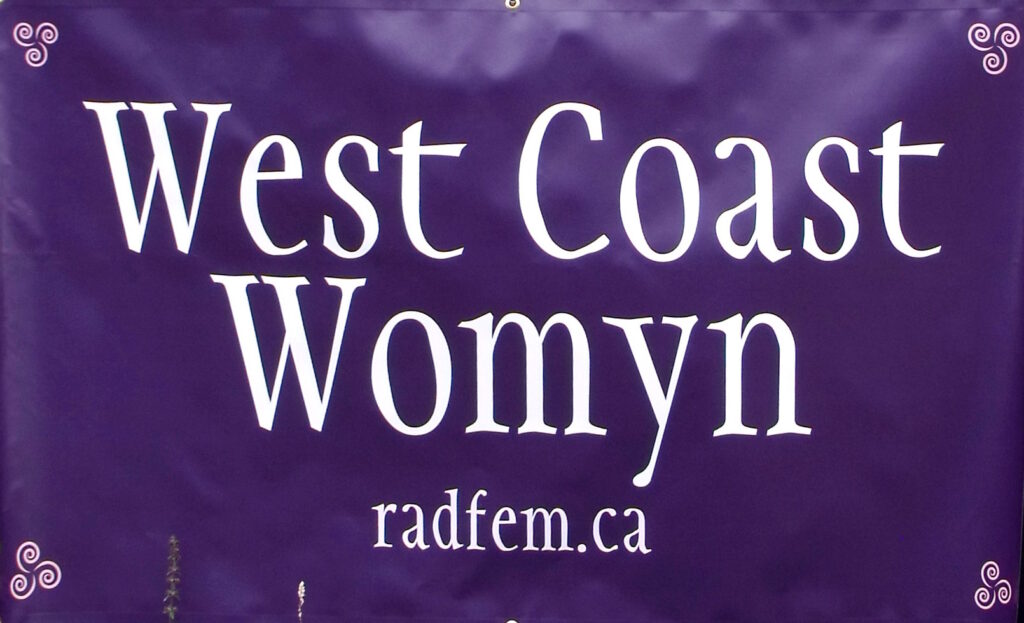Undercover surveillance in Vancouver from the 1980s to 2006
April 2005
Three shiny SUVs with dark windows were lurking outside my apartment in a quiet Vancouver suburb. Inside the nearest, a clean-cut man wearing dark glasses was in the driver’s seat, staring at me. I turned to find a man in his early forties walking toward me on the sidewalk. Pasty face, navy blue suit, black shoes, Ray-Bans and a Tom Selleck moustache: all that was missing was the badge. The agent was carrying two cups of coffee from the McDonald’s two blocks away. Glancing up, he caught my eye. His mouth dropped open and he flinched, almost spilling the hot coffee. Then he lowered his eyes, clenched his jaw, and strode briskly past. I stared after him.
It was Tuesday, April 19th, 2005, and I made it to the bus stop on time, the agents following. I was convinced they were ready to bundle me into the back of one of the SUVs for a joyride to some unknown destination. I was thinking: “Shit! I’m going to jail! I’m going to miss work! Do I know any lawyers I can call?”
I should mention that I’m not involved with any underground groups. I’ve never been accused or questioned about any serious crime. I’m a non-profit director and I write about eco-defense and civil disobedience, among other things.
Innocent people are targeted by security agencies based solely on their political beliefs or association with other radicals. This report presents a snapshot of the tactics the police like to think of as “secret,” like spying on individuals and infiltrating groups. These tactics can be extremely dangerous and destructive, even for activists who have never committed a crime. By studying these incidents, we can start to dispel the mystery surrounding covert operations and see the big picture.
Continue reading

